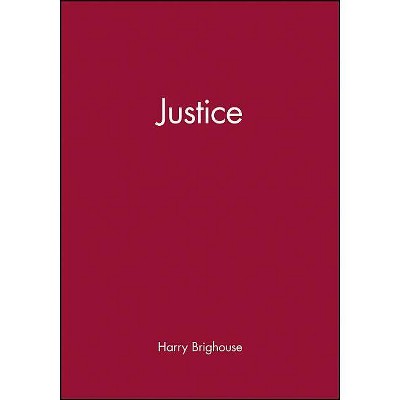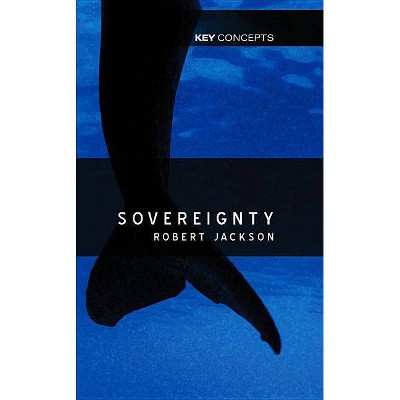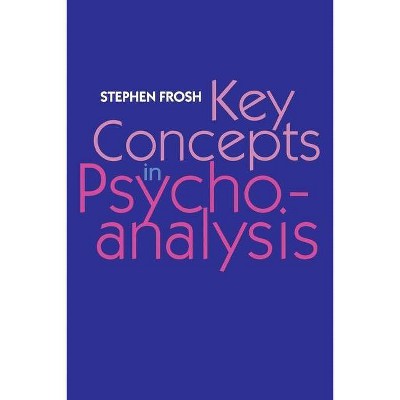Justice - (Key Concepts) by Harry Brighouse (Paperback)

Similar Products
Products of same category from the store
AllProduct info
<p/><br></br><p><b> Book Synopsis </b></p></br></br><i>Justice</i> is a concise and accessible introduction to the central theories of justice in contemporary political theory. The book aims to provide readers with a clear understanding of the theories and the main objections to them, as well as showing how these theories engage with one another. <br /> <p>It offers detailed accounts of John Rawls's theory of justice as fairness; the alternative 'capabilities approach' developed by Nobel-prize winning economist Amartya Sen; the libertarian theories of Milton Friedman and Robert Nozick; the 'group-rights' based theory of Will Kymlicka; and Nancy Fraser's theory of participatory parity. The book also includes extensive discussions of the nature and purpose of political theorizing, and it asks whether theories of justice should take only social institutions as their subject, or should also comment on personal motivations and behaviour.</p><p/><br></br><p><b> From the Back Cover </b></p></br></br><i>Justice </i>is a concise and accessible introduction to the central theories of justice in contemporary political theory. The book aims to provide readers with a clear understanding of the theories and the main objections to them, as well as showing how these theories engage with one another. It offers detailed accounts of John Rawls's theory of justice as fairness; the alternative 'capabilities approach' developed by Nobel-prize winning economist Amartya Sen; the libertarian theories of Milton Friedman and Robert Nozick; the 'group-rights' based theory of Will Kymlicka; and Nancy Fraser's theory of participatory parity. The book also includes extensive discussions of the nature and purpose of political theorizing, and it asks whether theories of justice should take only social institutions as their subject, or should also comment on personal motivations and behaviour.<p/><br></br><p><b> Review Quotes </b></p></br></br><br>'<i>Justice</i> is lively, forcefully argued and clearly written. It contains critical expositions of Rawls's liberal egalitarianism and its main competitors. Brighouse writes with flair, using homespun examples as well as examples from contemporary politics. He shows a solid understanding of the complexities of achieving justice in the real world.' <i>David Copp, University of Florida</i><br /> <p><br /> </p> <p>'Harry Brighouse sets out the main lines of contemporary thinking about justice with clarity and insight. The key theories and the most telling objections to them are thoroughly explores and connected to a range of policy issues in a manner that is both accessible to students and engaging for specialists.' Christopher Bertram, University of Bristol</p><br><p/><br></br><p><b> About the Author </b></p></br></br><b>Harry Brighouse</b> is Professor of Philosphy at the University of Wisconsin, Madison.
Price History
Price Archive shows prices from various stores, lets you see history and find the cheapest. There is no actual sale on the website. For all support, inquiry and suggestion messagescommunication@pricearchive.us


















